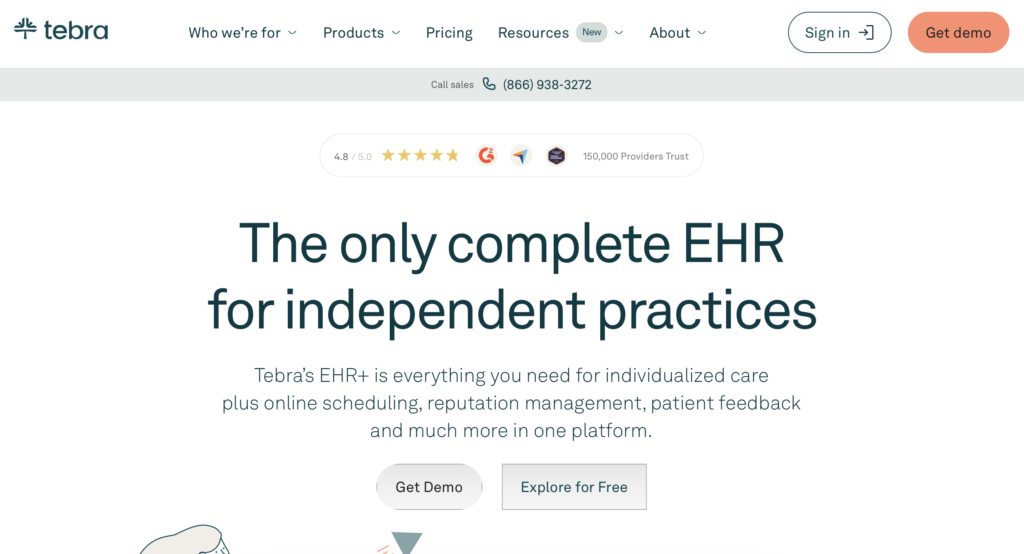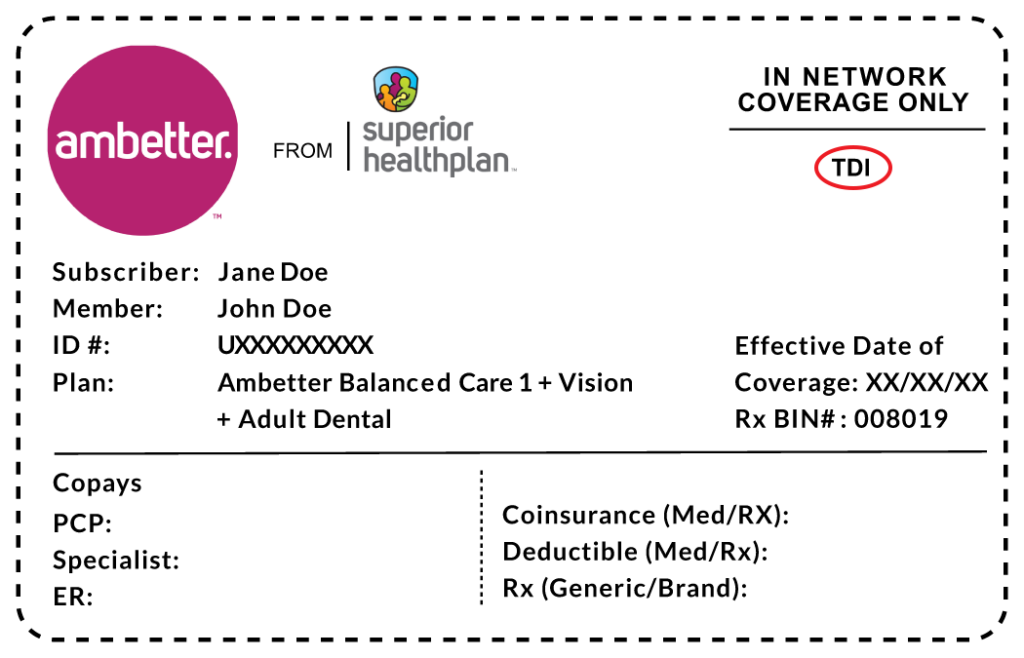So you’re thinking about opening your own medical practice. Maybe you’re a recent grad. Maybe you’re a few years in and feeling boxed in. Autonomy, flexibility, and the ability to build something on your own terms—it all sounds good. And it is good.
But this article isn’t about the benefits. It’s about the personality behind the path. Because going solo isn’t just a career move—it’s a calling. And it’s not for everyone.
As someone who opened my own ophthalmology practice from scratch, let me be the first to tell you:
You will not make an associate salary early on.
You’ll trade income for freedom. Volume for vision. Stability for potential. But if you’ve got the right mindset—it can be life-changing.
Who Should Go Solo in Medicine or Ophthalmology?
1. You’re a Builder, Not Just a Doctor
You’re not content with following a path. You want to make one. When you go solo, you’re not just practicing medicine—you’re building a brand, a culture, and a business.
You tweak your EMR late at night. You design your website. You obsess over every detail in the office because it’s yours.
This builder mindset is common in dentists—and it’s something more physicians need to embrace.
2. You Have the Patience to Delay Gratification
Most solo practices start slow. Some days you’ll see four patients. You’ll question your life decisions.
But over time, with consistency and care, your schedule fills. Your community notices. The referrals grow. You go from surviving to thriving.
Delayed gratification is the key. If you’re impatient for high salaries or packed ORs, you’ll burn out before you break through.
3. You Want Control Over Every Part of Your Career
Going solo gives you full control:
- Your clinic schedule
- Your staff and office culture
- Your equipment purchases
- Your contracts (or lack of them) with insurance
- Your pace of growth
You’re no longer one cog in someone else’s machine. You build the machine. And if that excites you more than it scares you, this path is probably for you.
4. You Think Like a Dentist
Dentists get it. Most of them open solo right out of school.
Why? Because dentistry—and ophthalmology—are clinic-based specialties. That gives us options. You can:
- Start with clinic visits only
- Add minor in-office procedures
- Layer in surgical services as you grow
- Rent ASC time or eventually co-own one
Unlike hospital-dependent specialties, we don’t need an OR five days a week to stay afloat. That’s huge.
If you’re in ophthalmology or a procedure-based clinic specialty, you have a built-in advantage. You just need to use it.
5. You’re Comfortable Not Being “Busy” at First
Going solo does not mean you’ll have surgical volume day one.
And that’s okay.
When I launched, I spent more time on operations, marketing, and community engagement than in the OR. But here’s what I did instead:
- I built a strong social media presence
- I got involved with ASCRS, AAO, and state societies
- I shared knowledge via YouTube and TikTok
Now, I’ve surpassed 1 million views across platforms. I’m a KOL for multiple ophthalmology companies—not because I had high case volume early, but because I showed up, shared, and built trust.
Volume follows value.
Let’s Be Honest: Most People Shouldn’t Go Solo
This isn’t a judgment—it’s a reality check.
❌ Don’t go solo if…
1. You Need a High Salary Immediately
Solo is a long game. If you have loans, financial stress, or personal obligations that require stable income ASAP, joining a group may be better—for now.
2. You Crave Constant OR Time from Day One
If you want to operate five days a week in your first year, this isn’t the fastest path. OR time takes time. Referrals take time. Trust takes time.
3. You Hate Business, Marketing, or Wearing Multiple Hats
As a solo doc, you’re:
- CEO
- HR
- IT
- Marketing
- Physician
If you dread that, don’t force it. There’s nothing wrong with being a great doctor in someone else’s system.
4. You Need Mentorship for Clinical Growth
In a solo setting, you’re alone. There’s no hallway consult. No one to watch your cases and guide you through complications. If you’re still refining your judgment, consider joining a group with strong mentorship first.
Ophthalmology and Dentistry: Built for Independence
What makes specialties like ophthalmology and dentistry ideal for going solo?
- Clinic-based revenue: You don’t rely on hospital cases to make money
- In-office procedures: From lasers to injections, you can generate income without an OR
- Surgical flexibility: Rent OR time or join an ASC part-time
- High repeat visits: Patients often require follow-ups, diagnostics, and long-term care
- Local reputation matters: Build strong community ties and word-of-mouth carries you
This structure gives you room to grow without needing a 10-op exam lane setup or a full surgical center on day one.
Final Thoughts: You’re Betting on Yourself
Going solo isn’t about being “better”—it’s about being wired differently.
You’re not waiting for permission. You’re creating the job you want, the care you believe in, and the life you envision.
It’s hard. Lonely at times. But also one of the most fulfilling things you can do.
I’m not just a doctor. I’m a business owner. A content creator. A mentor. And none of it happened overnight. But now, years later—with a growing clinic, KOL opportunities, and a digital platform with over a million views—I can confidently say: it was worth every risk.
If you feel that fire, that drive, that hunger to build—then this path might be yours too.



